India & World UpdatesBreaking News
New test developed to detect all types of cancer within minutes
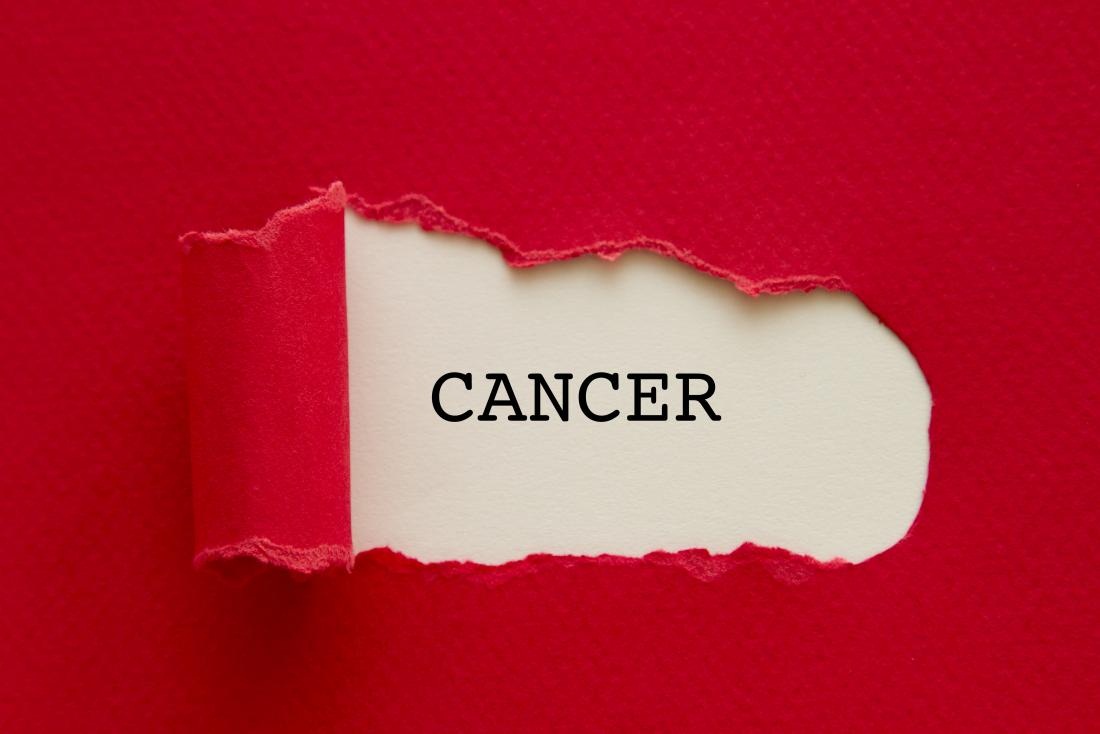
December 8: A new breakthrough is achieved in the detection of all types of cancer within 10 minutes and that too at a very cheap rate. The test was developed by Dr Abu Sina, Dr Laura Carrascosa, and Professor Matt Trau from the University of Queensland, Australia and was published in the journal Nature Communications earlier this week.
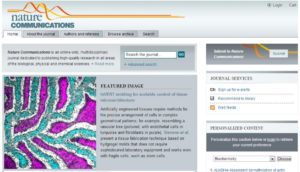
Cancer is an extremely complicated and variable disease and different types of cancer have different signatures. Up until now, the scientists have had trouble finding a simple signature that was distinct from healthy cells and common to all cancers – but the team was finally able to identify a unique biomarker that was common in every type of cancer they examined, including prostate, colorectal, lymphoma, and several different forms of breast cancers. The team then developed a simple tool that could search and identify these pattern changes within a matter of minutes.
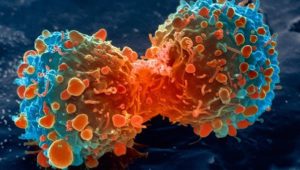
The new research has found that cancer DNA forms a unique structure when placed in water. The structure is the same in DNA from samples of breast, prostate and bowel cancers, as well as lymphoma. The researchers used this discovery to develop a test that can identify the cancerous DNA in less than ten minutes. The suspect DNA is added to water that contains tiny gold nanoparticles. These nanoparticles make the water turn pink. If DNA from cancer cells is added, it sticks to the nanoparticles in such a way that the water retains its original colour. However, if DNA from healthy cells is added, it combines with the particles differently, and turns the water blue.
 To test for cancer today, doctors have to collect a tissue for biopsy from a patient’s suspected tumour. The procedure is invasive and relies on the patient noticing a lump, or reporting symptoms that are recognised as potential signs of cancer. A less invasive test that has the potential to spot cancer earlier could change the way how patients are screened for the disease.
To test for cancer today, doctors have to collect a tissue for biopsy from a patient’s suspected tumour. The procedure is invasive and relies on the patient noticing a lump, or reporting symptoms that are recognised as potential signs of cancer. A less invasive test that has the potential to spot cancer earlier could change the way how patients are screened for the disease.
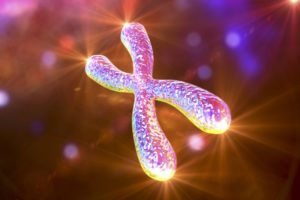
“This test could be done in combination with other simple tests, and become a powerful diagnostic tool that could not just say that you have cancer, but also the type and stage,” Dr Carrascosa said. Dr. Abu Sina said, “In most cases, there is no general test to test status of different types of cancer. Now, people only go [to get checked out] if they have symptoms. We want [cancer screening] to be part of a regular checkup.”
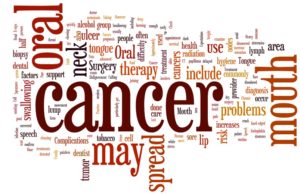
The new technology has proved to be up to 90% accurate in tests involving 200 human cancer samples and normal DNA. If it continues to be successful in clinical trials, the technology could be used alongside smartphones to offer cheap and effective cancer screenings to the masses, especially in rural or undeveloped regions of the world.




